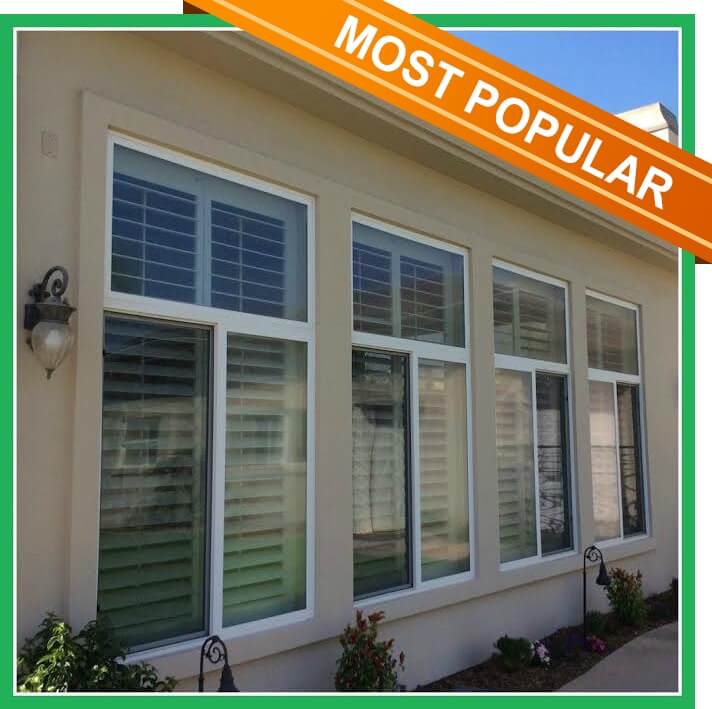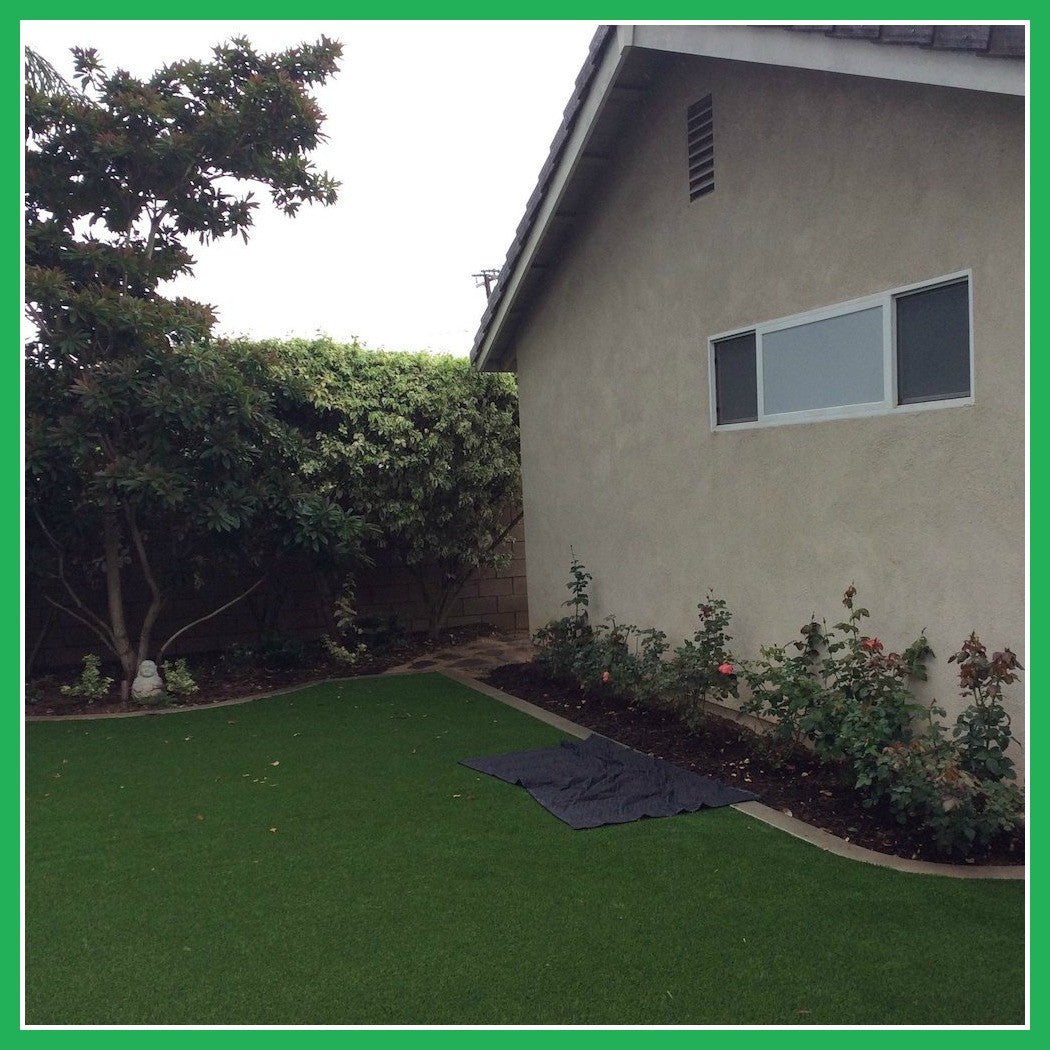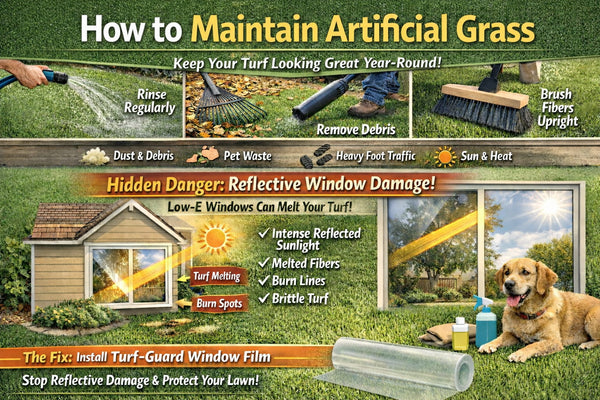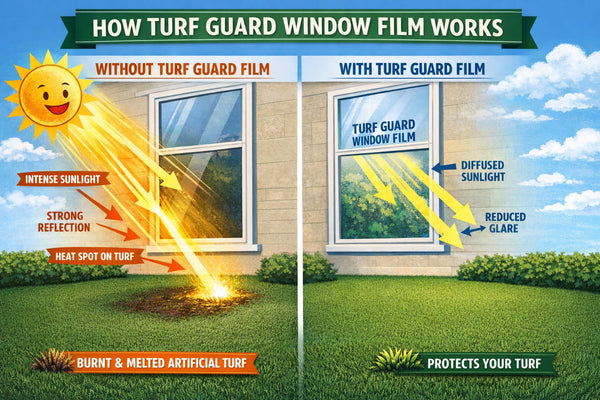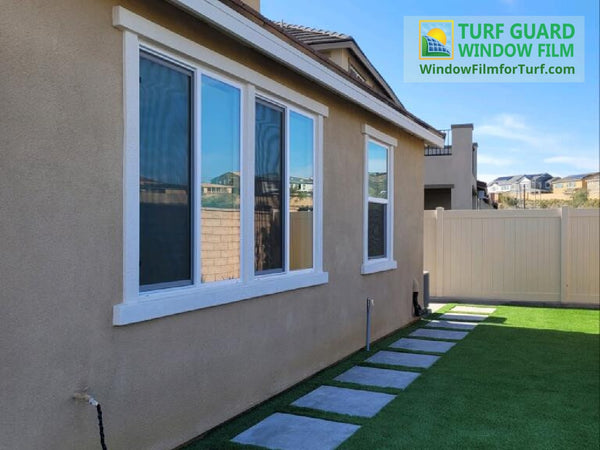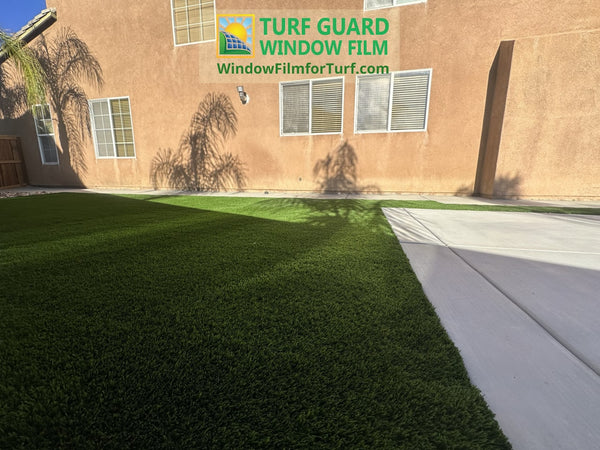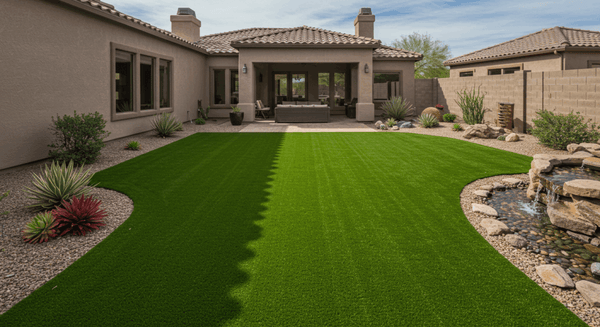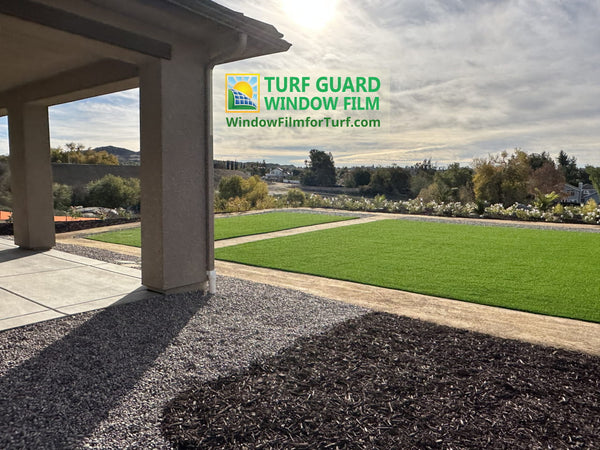While there are many advantages of having an artificial grass for yard, there is still a possibility of artificial turf melting. It’s not that the contractors didn’t install it properly, it’s just a natural phenomenon that humans couldn’t control – the sun keeps on shining.
How Reflective Surfaces Can Melt Your Artificial Turf
There is an increase in the number of artificial turf melting cases over the years. Artificial lawn grass may constantly need repairing because reflective surfaces cause it to melt. The intense heat, which indirectly hits the turf, can cause artificial grass to melt due to the light bouncing off different surfaces in your lawn’s surrounding area.
Most of the time, large surface areas such as huge glass windows of buildings and houses are the primary culprit of artificial turf melting. This can seriously degrade the quality and durability of your artificial lawn, especially during a sustained period of time when the sun’s heat is reflected off the surface.
What Should You Do to Avoid Artificial Turf From Melting
While the option of repairing and resurfacing the artificial grass for homes is always available, it also very expensive since you will be spending repair costs and thinking about fake grass cost per square foot every time this happens. The best method to avoid this from happening is prevention.
It does not mean preventing the sun from giving off light but rather preventing the heat from bouncing off of surfaces. It is crucial that a contractor should always identify potential risks in the surrounding area of the lawn. If you live in a neighborhood where the houses are situated near each other, you should be concerned with houses with big glass windows. While living in the city may be a bit of a problem for owners of artificial grass considering the number of buildings with glass windows, you can still maintain the upkeep of your artificial lawn.
It is not uncommon that artificial turf turns brown around June or July of the year due to the intense summer heat. As mentioned, reflective surfaces cause turf for home lawns to burn and fade, and this makes screens for reflective surfaces, such as glass windows, your number one solution to prevent this catastrophe.
Screens such as a clear perforated window film are your best bet when it comes to battling the sun’s heat reflecting off of surfaces. By blocking off any reflective surfaces that can cause potential damage to your artificial turf, you are putting an end to artificial turf melting even before it starts.

